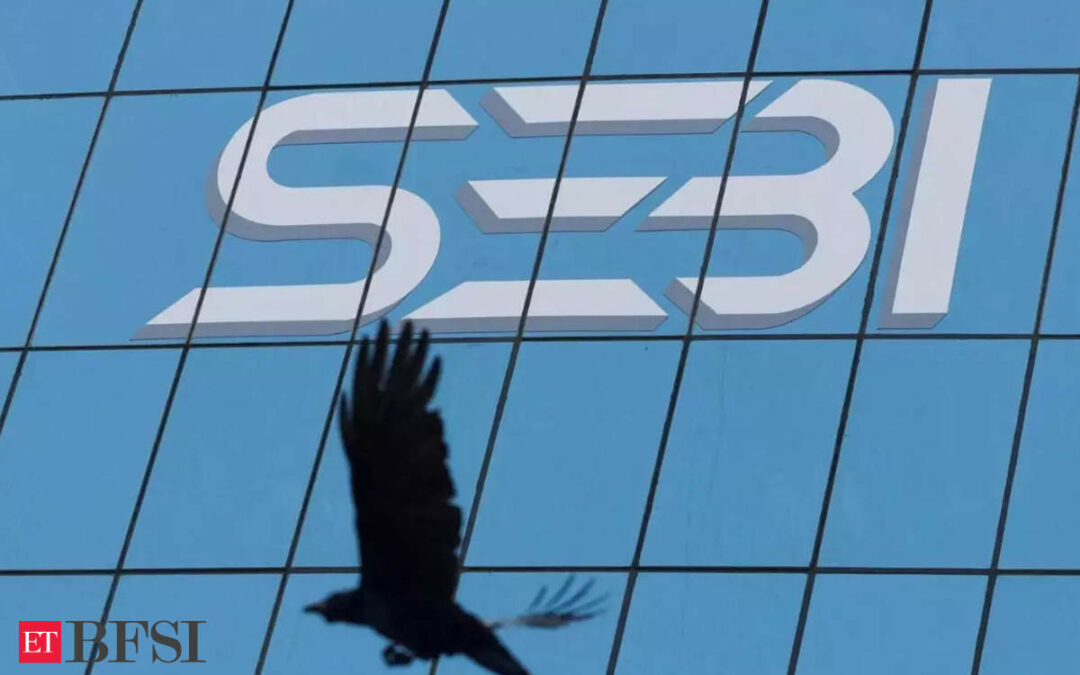The Securities and Exchange Board of India (Sebi) is addressing cybersecurity risks and averting cyber attacks at stock exchanges and clearing corporations to strengthen market infrastructure, Chairperson Madhabi Puri Buch said.
“We have a mechanism in the works and it’s in the process of implementation…every client whose broker’s server goes down, will have direct access to exchanges to manage risk reduction and close out his position,” Buch said while speaking at the Global Fintech Fest.
Last week, the capital market regulator announced new guidelines to strengthen the existing cyber security and cyber resilience framework for stock exchanges, clearing corporations, and depositories.
With the change in market dynamics, the interdependence among exchanges, clearing corporations, or depositories has seen a significant increase in recent years.
Sebi has proposed a consolidated framework, wherein all regulated entities need to put in place an up-to-date cyber crisis management plan.
The framework has been mooted to further strengthen the cyber risks, incident prevention, preparedness, and response capacities of the entities.
Role of AI in marketplace
Besides emphasizing the need to strengthen vigilance on cyber attacks, Buch also spoke about the importance of and the role that artificial intelligence (AI) and fintech will play in building the market ecosystem.
According to Buch, AI will help in destroying the old thought process of regulators “It just takes one bad apple to ruin the whole pie.”
“AI will help in actually differentiating between a good apple and a bad apple at a much more granular level, and this is the potential we believe that AI and fintech firms can leverage upon,” Buch said.
The regulator’s plans to introduce “MF Lite” regulations for passive funds is a step in this direction.
‘MF Lite‘ regulations for passive funds will reduce the compliance burden for them and foster innovation in the ecosystem.
(Disclaimer: Recommendations, suggestions, views and opinions given by the experts are their own. These do not represent the views of Economic Times)










